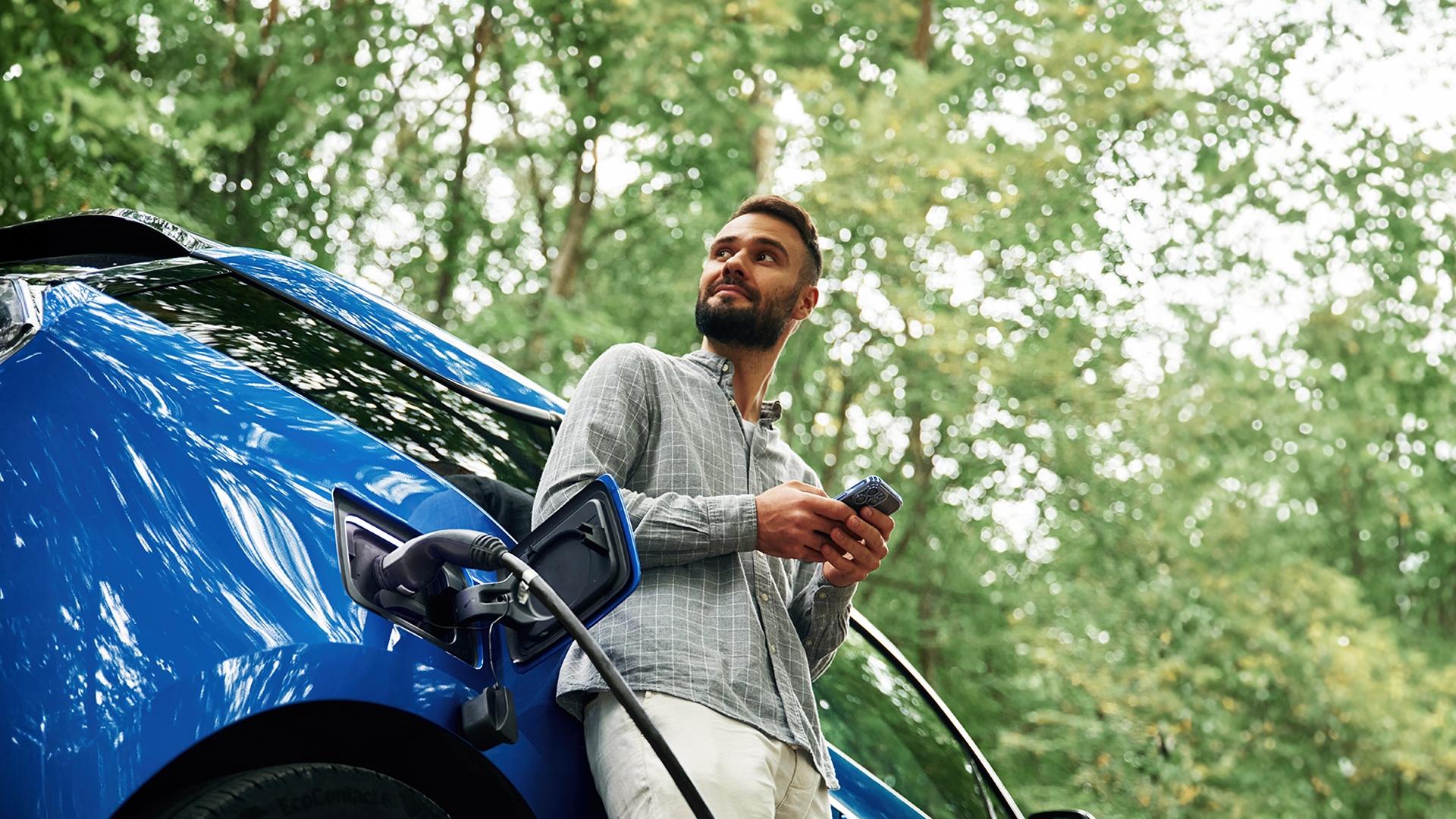How long does an EV battery last?

Most electric vehicle (EV) batteries come with a warranty of 8 years or 160,000km. But what’s their actual lifespan? Here’s what you need to know about battery health and degradation, manufacturer warranties, and how to extend the life of your EV battery.
EV battery degradation: What to expect
Most high-voltage batteries are covered by an 8-year or 160,000-kilometre warranty. Over time, their capacity to hold a full charge decreases gradually. This depends on factors like the type of EV charger used and the distance driven annually.
With fewer moving parts than a gas-powered engine, the electric motor and battery pack in an EV are generally less prone to mechanical failures. At least, in theory! That doesn’t mean a brand-new battery will last forever.

“On average, the battery life of an electric car declines by about 2% to 3% per year. Extreme temperatures, especially excessive heat, are the leading cause of long-term damage. Fortunately, automakers are constantly improving lithium-ion battery technologies to make them more durable and heat-resistant.”
Jesse CaronAutomotive Expert, CAA-Quebec
Cold weather can also temporarily reduce your driving range by affecting both charging/discharging efficiency and your EV’s heating system.
Over the long run, expect a slow and steady drop in range as part of normal wear and tear. In general, 10% to 20% wear after 8 years is considered normal. The rate of battery degradation varies depending on the make, model, and usage patterns of your electric vehicle, such as the number of charging cycles and how frequently it’s fully charged.
How to extend an EV battery lifespan?
Follow these best practices to extend the lifespan of your EV battery:
Maintain a charge between 20% and 80% on a daily basis.
Avoid charging to 100% as this speeds up battery wear and increases discharging rates.
Ensure the charge remains above 10%.
Whenever possible, use a Level 2 charging station (240V) rather than fast charging stations, which put more strain on the battery cells.
Protect your electric vehicle from extreme heat.
By following these simple tips, you’ll help preserve your EV’s range and reduce the risk of costly battery replacement down the road.
What to know about EV battery warranties
Before buying an electric vehicle, take the time to review the battery warranty carefully. Does it only cover repairs, or does it include battery replacement in case of significant degradation?
Understanding ambiguous EV battery warranties
Automakers’ EV battery warranties can sometimes be confusing. If a problem arises, will you receive a new battery, a refurbished battery, or just a repair of your existing one?
Also, at what point is a battery considered “defective?” Most manufacturers define this as having 70% to 75% of original battery capacity remaining within the warranty period (8 years or 160,000 km). This key figure can directly affect the resale value of your battery-powered electric vehicle.
CAA-Quebec has observed that luxury brands often provide the least transparent battery warranties. On the flip side, Kia and Hyundai—known for their strong gas vehicle warranties—apply a similar approach to their EV models.
EV warranties and electric mobility: How to navigate them
To help you better understand EV warranties, CAA-Quebec offers a comprehensive guide to new car warranties, including those for electric vehicles. This tool is essential to avoid unexpected surprises—like needing to buy a new battery out of pocket.
Need more info about electric vehicles?

Check out our section on electric vehicles
You’ll find buying and maintenance tips for EVs and charging stations, exclusive discounts and offers, and plenty more.
Benefit from personalized advice
Engine types, charging, incentives…